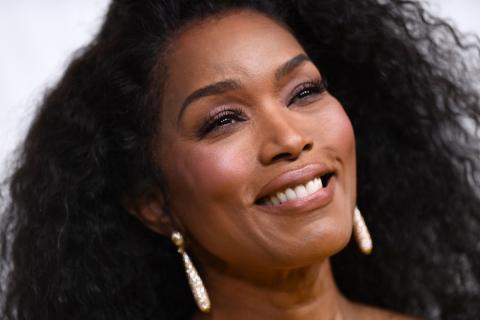
Actors of color are favorites in each category, and two female directors are nominated for the first time -- this years Oscars could set new benchmarks for diversity, thanks to long-brewing industry changes as well as Covid-19s transformation of Hollywood, experts say.
The Academy of Motion Picture Arts and Sciences has drastically reformed its membership in recent years, admitting large batches of new Oscars voters each year who better reflect societys diversity, after much criticism for its mainly white, male base.
"I think that this Oscars will be forever remembered as the one where changes in the voting body made six years ago in the wake of #OscarsSoWhite has delivered on a promise by the Academy to reform itself," Black US actor Dwayne Barnes ("Menace II Society") wrote in a column for industry site Deadline, AFP reported.
While it is difficult to draw a direct line from those changes to this years nominations, the current Oscars race is startlingly different from those seen in previous years.
Last year, Cynthia Erivo was the sole non-white actor among 20 nominations, but this time the late Chadwick Boseman ("Ma Raineys Black Bottom"), Black British actor Daniel Kaluuya ("Judas and the Black Messiah") and South Korean star Youn Yuh-Jung ("Minari") are the firm front-runners for acting statuettes.
Bosemans co-star Viola Davis is among a crowded pack vying for best actress, while Beijing-born Chloe Zhao ("Nomadland") looks like a shoo-in for best director if she can fend off Emerald Fennell ("Promising Young Woman").
The #OscarsSoWhite campaign was launched in January 2015 on social media to denounce and draw attention to the overwhelming majority of white nominees rewarded year after year by the Academy.
At the time, the Academys 6,000 members were 93 percent white and 76 percent male.
By this summer, the prestigious group had reached a goal of doubling the number of women and non-white members, reaching one-third female and 19 percent "underrepresented minorities."
"It took a few years to take hold, but there is every reason to hope that the change (in the crop of nominees) is... not a one-time occurrence," wrote Barnes.












